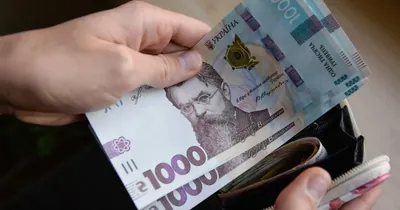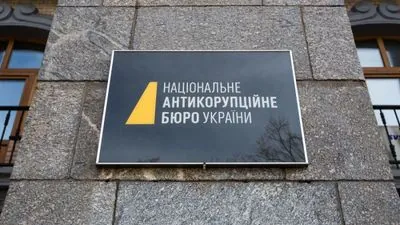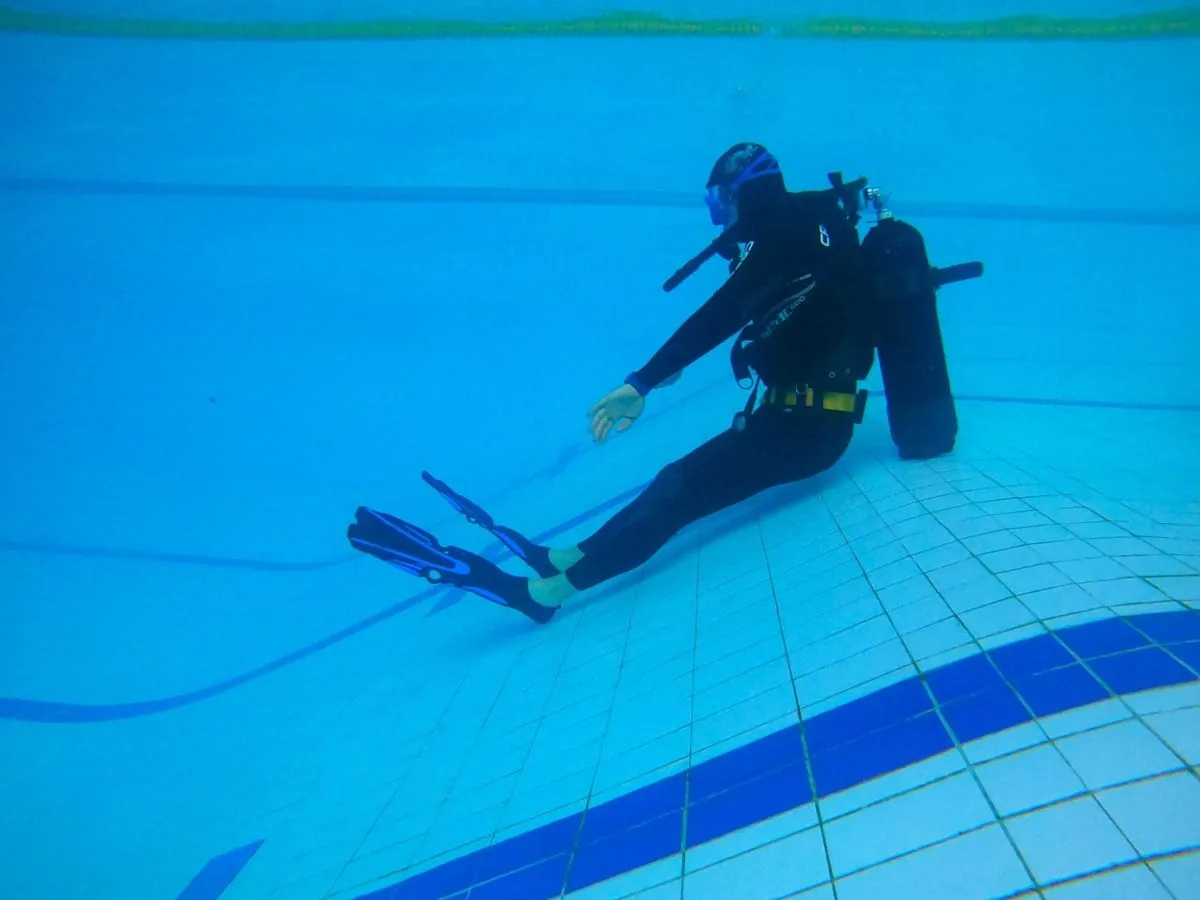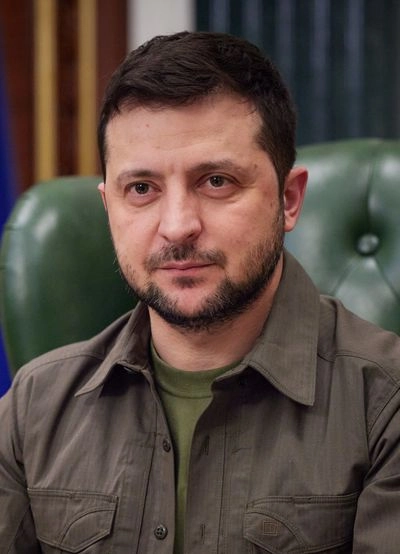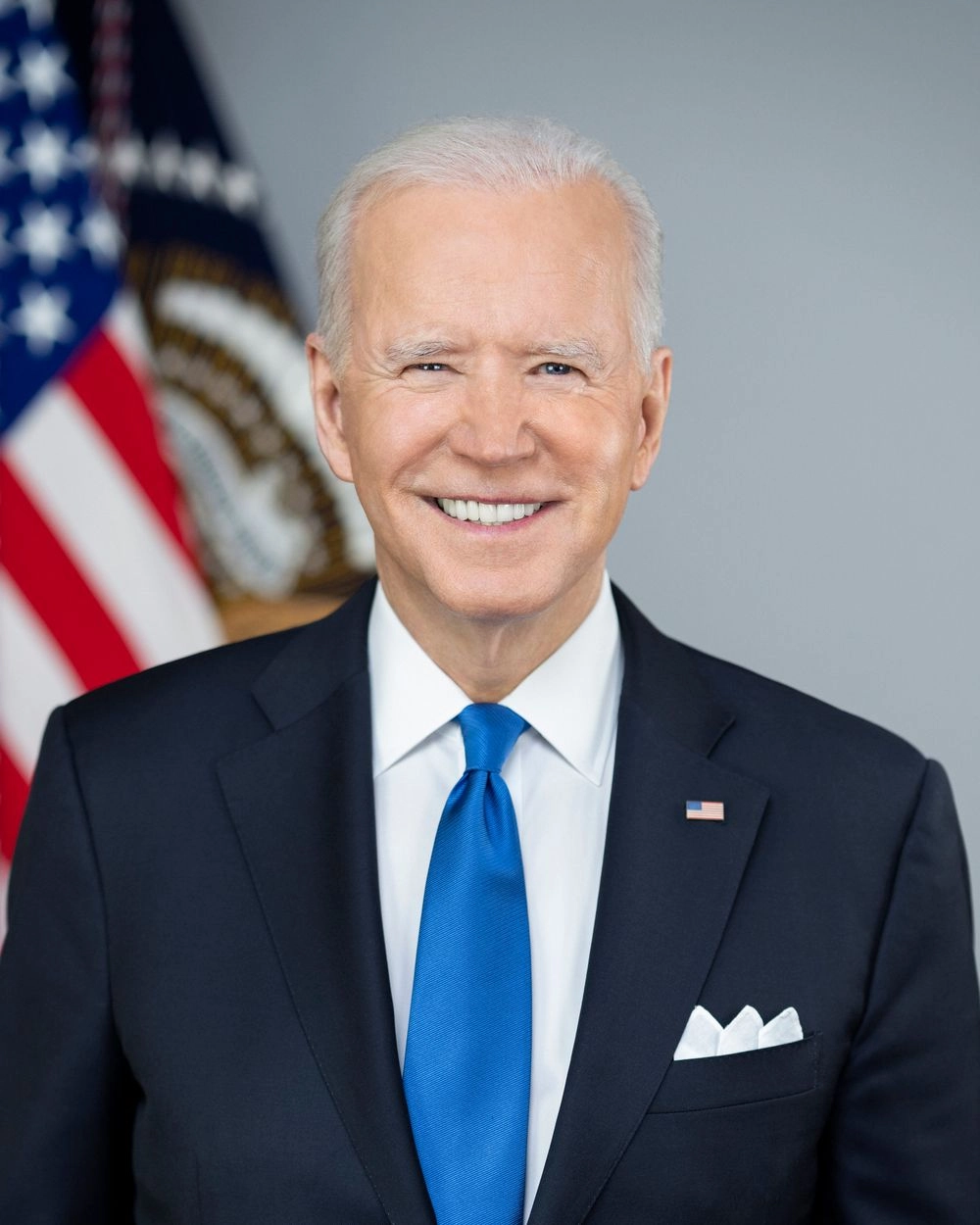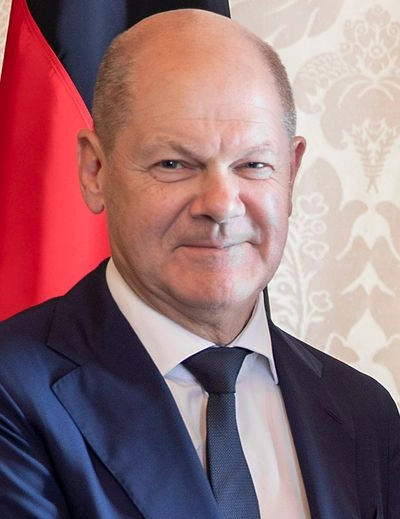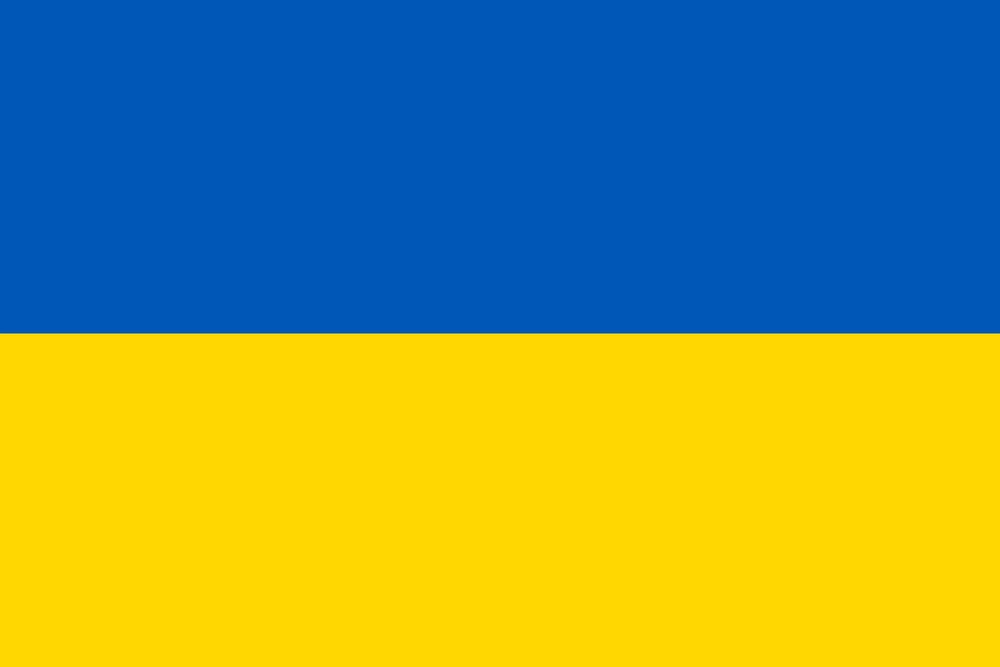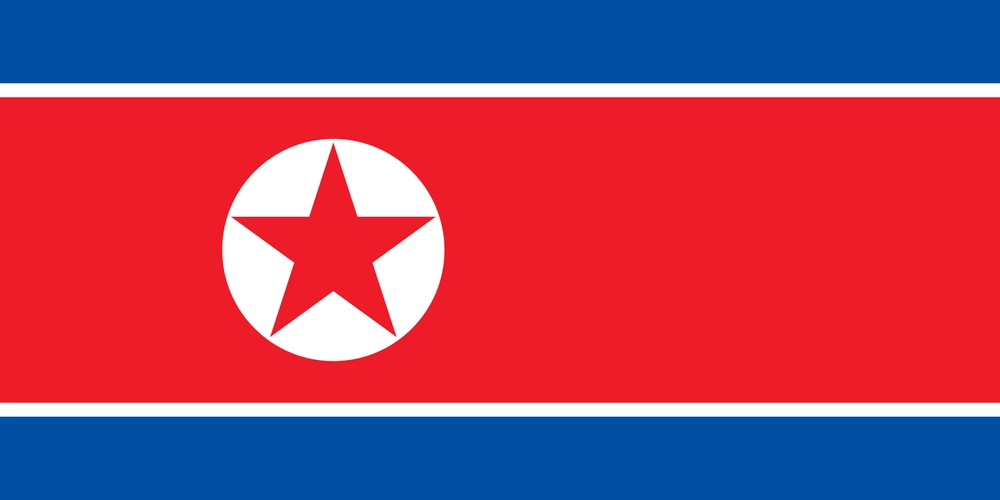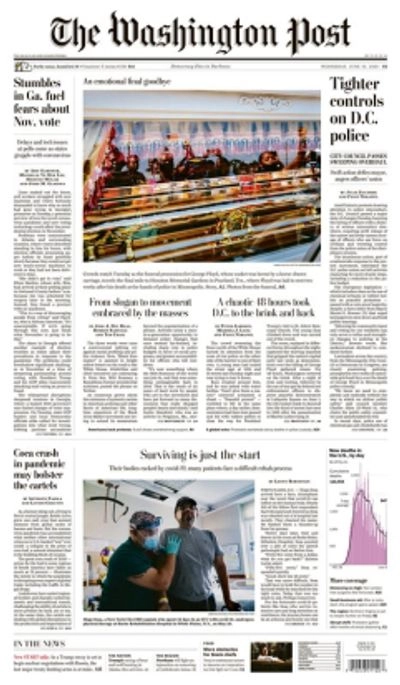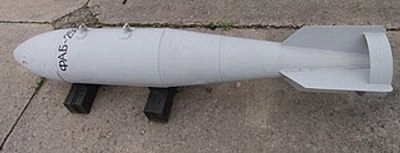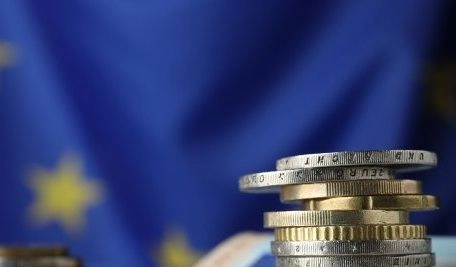
Czech government discusses first step towards joining eurozone amid disputes in ruling coalition
Kyiv • UNN
By October 2024, the Czech government will request the opinion of the National Economic Council on the feasibility of joining the European Exchange Rate Mechanism (ERM II) as a prerequisite for the introduction of the euro.
The Government of the Czech Republic will request the opinion of the NERV (National Economic Council under the Government) to assess the feasibility of the Czech Republic's accession to the ERM II mechanism by October 2024. Denik N writes about this with reference to the statement of Prime Minister Fiala, UNN reports.
Details
The Czech government will evaluate the benefits of joining the ERM II exchange rate mechanism, a currency corridor in which countries seeking to join the eurozone must spend two years. This was agreed upon by the leaders of the ruling parties late on Tuesday. In addition, the Czech government promised to continue discussing this issue based on the analysis of the NERV advisory body, but only in the fall of 2024.
The government will decide on further actions based on these analyzes and the economic results of 2024,
Addendum
The introduction of the euro is a controversial issue for the largest party in the ruling coalition, Petr Fiala's center-right Civic Democrats, which is lukewarm on the introduction of the euro and has an openly anti-euro wing. The government does not plan to set a date for the introduction of the euro before the elections in late 2025.
For reference
Joining the European Exchange Rate Mechanism ERM II is an important precondition for the introduction of the euro and is also known as the "waiting room" for membership in the euro area and banking union. The rules of the mechanism were agreed upon in December 1996 at a meeting of the European Council in Dublin, Ireland, and it became operational on January 1, 1999, simultaneously with the creation of the euro area.
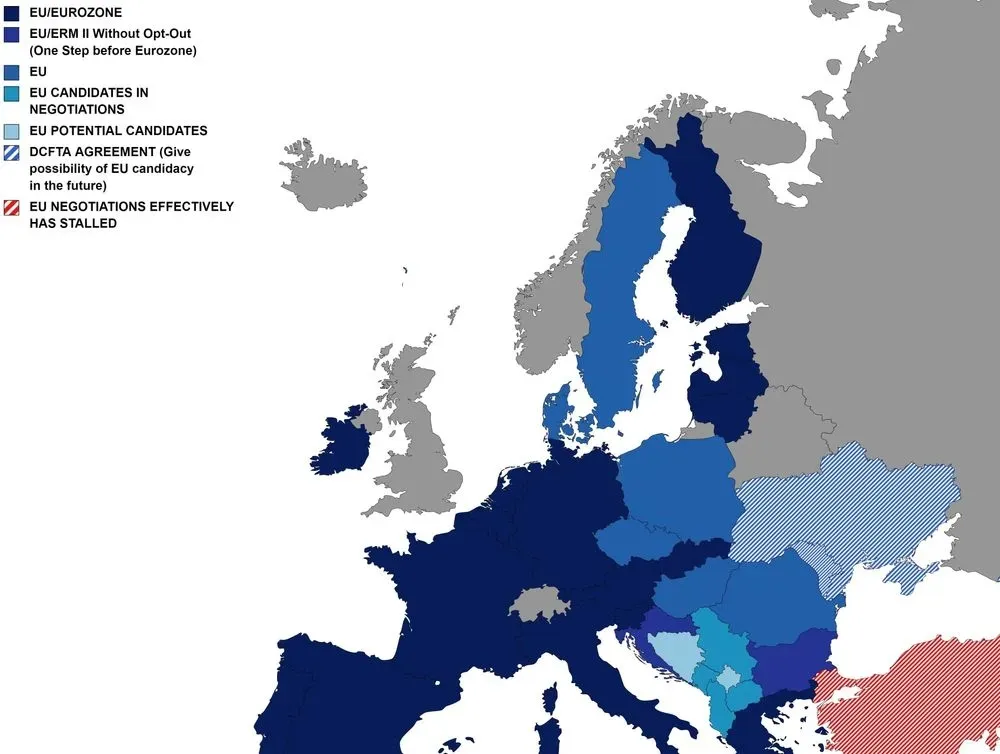
Countries seeking to adopt the euro must maintain the exchange rate of their national currency against the euro within a permitted range of fluctuations from a set average value for two years before adopting the single European currency. It is allowed to deviate from it by no more than 15 percent in either direction, and central parity cannot devalue (i.e., the national currency can depreciate against the euro, but it can also appreciate) during this two-year period.
The countries that adopted the euro from the very beginning - Austria, Belgium, Finland, France, Germany, France, Germany, Ireland, Italy, Luxembourg, the Netherlands, Portugal, Spain, and Spain - were not affected by ERM II, but they were subject to a similar rule before the creation of the single currency.
To date, nine national currencies have passed through ERM II and been replaced by the euro, the last of which was the Croatian kuna. Croatia will switch to the euro in January 2023.
Recall
The Czech Republic called on the allies to purchase ammunition for Ukraine outside the EU due to the low level of shell production in Europe to meet Ukraine's needs.
In 2023, natural gas consumption in the Czech Republic dropped to its lowest level in 30 years.
Earlier , UNN reported that the European Commission recommends reducing net greenhouse gas emissions by 90% by 2040 compared to 1990 levelsin order to achieve the goal of climate neutrality by 2050.







